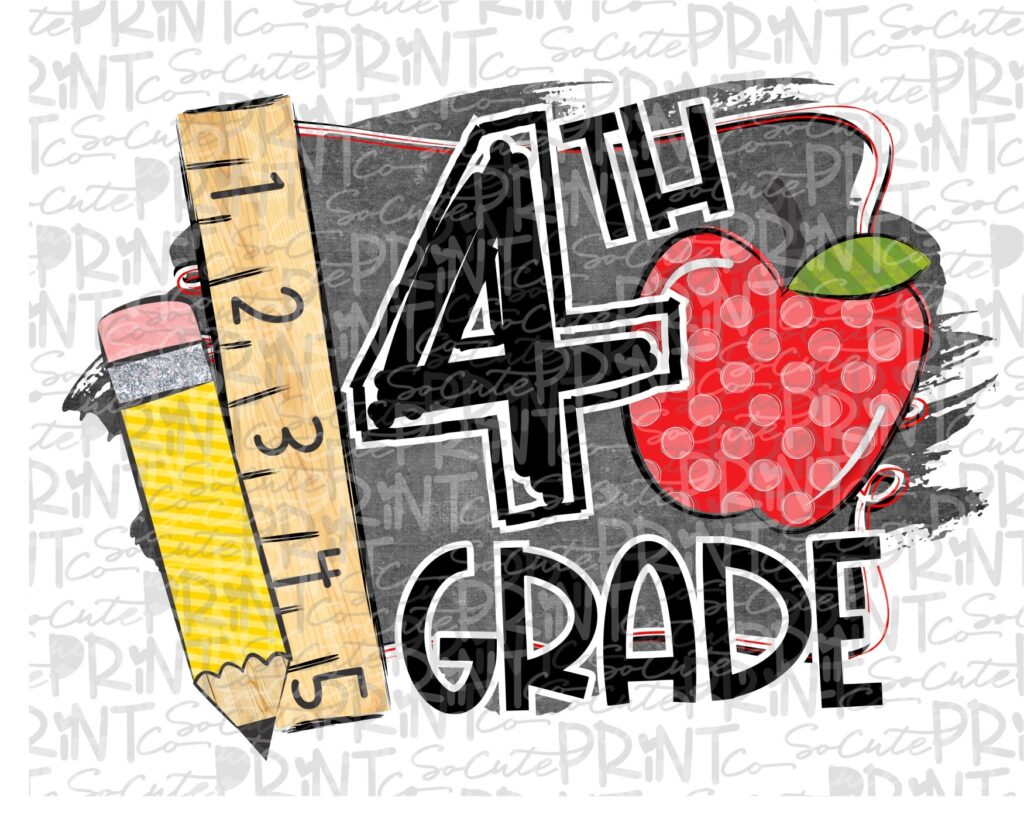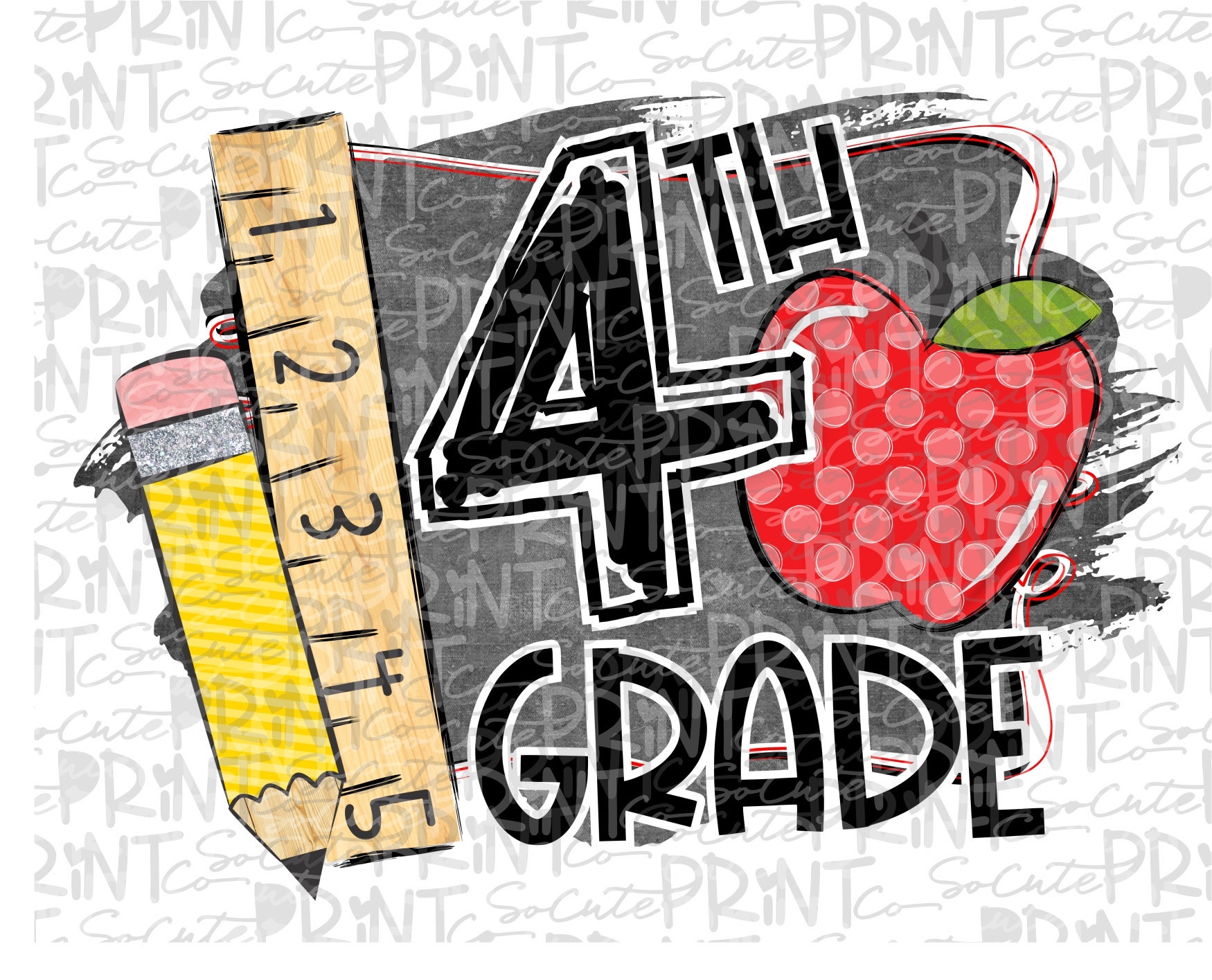
Unlocking Success in 4th Grade: A Comprehensive Guide for Parents and Educators
Fourth grade marks a significant transition in a child’s academic journey. It’s a year where foundational skills are solidified, and new concepts are introduced, setting the stage for more advanced learning in subsequent grades. Understanding the key aspects of the 4th grade curriculum and how to support students effectively is crucial for both parents and educators. This article provides a comprehensive guide to navigating the challenges and opportunities of 4th grade, ensuring a successful and enriching learning experience for every child.
The Core Curriculum of 4th Grade
The 4th grade curriculum typically encompasses several key subject areas, each building upon previous knowledge and introducing new, more complex concepts. These subjects include:
Reading and Language Arts
In 4th grade, reading comprehension takes center stage. Students are expected to read and analyze more complex texts, identify main ideas, understand character development, and draw inferences. Writing skills are also refined, with an emphasis on writing clear, organized paragraphs and essays. Grammar and vocabulary are further developed, enhancing students’ ability to communicate effectively both orally and in writing.
Specific skills often include:
- Identifying the theme of a story or poem.
- Understanding different points of view in a narrative.
- Using context clues to determine the meaning of unfamiliar words.
- Writing informative and persuasive essays.
- Mastering grammar rules such as subject-verb agreement and pronoun usage.
Mathematics
4th grade math builds upon the foundational concepts of addition, subtraction, multiplication, and division. Students delve deeper into fractions, decimals, and geometry. They also begin to explore more advanced problem-solving strategies. A strong understanding of these mathematical concepts is essential for future success in higher-level math courses.
Key mathematical skills include:
- Multiplying multi-digit numbers.
- Dividing numbers with remainders.
- Understanding and comparing fractions.
- Adding and subtracting fractions with like denominators.
- Identifying different types of geometric shapes.
- Solving word problems involving multiple steps.
Science
4th grade science introduces students to a variety of scientific concepts, including life science, earth science, and physical science. Students learn about ecosystems, the solar system, and the properties of matter. Hands-on experiments and activities are often used to engage students and make learning more interactive. The emphasis is on fostering curiosity and developing critical thinking skills.
Common science topics include:
- The life cycle of plants and animals.
- Different types of ecosystems, such as forests and oceans.
- The structure and function of the human body.
- The properties of matter, such as solids, liquids, and gases.
- The planets in the solar system.
Social Studies
Social studies in 4th grade typically focuses on the history and geography of the United States. Students learn about the early explorers, the American Revolution, and the Civil War. They also study the different regions of the country and their unique characteristics. Understanding American history and geography helps students develop a sense of citizenship and an appreciation for the diversity of the United States.
Typical social studies topics include:
- The early explorers of North America.
- The causes and consequences of the American Revolution.
- The development of the United States Constitution.
- The causes and consequences of the Civil War.
- The geography of the United States, including its major landforms and climate zones.
Challenges Faced by 4th Grade Students
While 4th grade can be an exciting year of learning and growth, it also presents several challenges for students. These challenges can be academic, social, or emotional in nature.
Academic Challenges
The increased academic rigor of 4th grade can be challenging for some students. The shift from learning to read to reading to learn requires students to develop stronger reading comprehension skills. The introduction of more complex mathematical concepts can also be difficult for students who have not mastered the foundational skills. It’s important to identify and address any learning gaps early on to prevent students from falling behind.
Social Challenges
As students enter 4th grade, they become more aware of social dynamics and peer relationships. They may experience increased pressure to fit in and conform to social norms. Bullying can also become a more prevalent issue. It’s important for parents and educators to create a supportive and inclusive environment where students feel safe and respected.
Emotional Challenges
4th grade can also be a time of emotional growth and development. Students may experience increased anxiety about schoolwork, social situations, or family issues. They may also struggle with self-esteem and confidence. Providing students with emotional support and teaching them coping skills can help them navigate these challenges effectively.
Strategies for Supporting 4th Grade Students
Parents and educators play a critical role in supporting 4th grade students. By working together, they can create a positive and enriching learning environment that fosters academic, social, and emotional growth.
For Parents
- Stay Involved: Attend school events, communicate regularly with teachers, and review your child’s homework.
- Create a Supportive Home Environment: Provide a quiet and comfortable space for your child to study.
- Encourage Reading: Read with your child and encourage them to read independently.
- Help with Homework: Provide guidance and support with homework assignments.
- Promote Healthy Habits: Ensure your child gets enough sleep, eats a healthy diet, and engages in regular physical activity.
- Address Social and Emotional Concerns: Listen to your child’s concerns and provide them with emotional support.
For Educators
- Create a Positive Classroom Environment: Foster a sense of community and belonging in the classroom.
- Differentiate Instruction: Tailor instruction to meet the individual needs of each student.
- Provide Clear Expectations: Clearly communicate expectations for academic performance and behavior.
- Offer Support and Encouragement: Provide students with support and encouragement to help them succeed.
- Communicate with Parents: Communicate regularly with parents to keep them informed of their child’s progress.
- Address Social and Emotional Needs: Be sensitive to the social and emotional needs of students and provide them with support when needed.
The Importance of Early Intervention
Early intervention is crucial for students who are struggling in 4th grade. Identifying and addressing learning gaps or social-emotional challenges early on can prevent students from falling further behind. Parents and educators should work together to develop strategies for supporting struggling students and providing them with the resources they need to succeed. For example, if a child is struggling with fractions, extra practice and targeted instruction can make a significant difference. [See also: Math Strategies for Elementary School Students]
Utilizing Technology in 4th Grade Education
Technology can be a valuable tool for enhancing 4th grade education. Interactive learning games, educational apps, and online resources can make learning more engaging and accessible. However, it’s important to use technology in a balanced and purposeful way. Educators should carefully select and integrate technology tools that align with the curriculum and support student learning. For example, using online simulations to explore scientific concepts or interactive writing tools to improve writing skills.
Preparing for Standardized Tests in 4th Grade
4th grade is often a year when students take standardized tests to assess their academic progress. These tests can be a source of anxiety for students, so it’s important to prepare them effectively. Parents and educators can help students prepare by:
- Reviewing key concepts and skills.
- Providing practice tests.
- Teaching test-taking strategies.
- Reducing test anxiety.
It’s also important to emphasize that standardized tests are just one measure of student learning and should not be the sole focus of education. The goal should be to foster a love of learning and develop well-rounded individuals.
Conclusion
4th grade is a pivotal year in a child’s education. By understanding the curriculum, addressing the challenges, and providing effective support, parents and educators can help students thrive. A collaborative approach, combined with a focus on academic, social, and emotional well-being, will set the stage for future success. Remember, the goal is not just to prepare students for the next grade, but to foster a lifelong love of learning. By providing the right support and encouragement, every child can unlock their full potential in 4th grade and beyond. The skills learned in 4th grade provide a critical foundation for future academic endeavors. Furthermore, the development of critical thinking skills in the 4th grade is essential for success in all areas of life. The overall experience in 4th grade can significantly impact a student’s future academic trajectory. A positive and supportive 4th grade environment is key to nurturing a love of learning. Investing in a child’s 4th grade education is an investment in their future.

